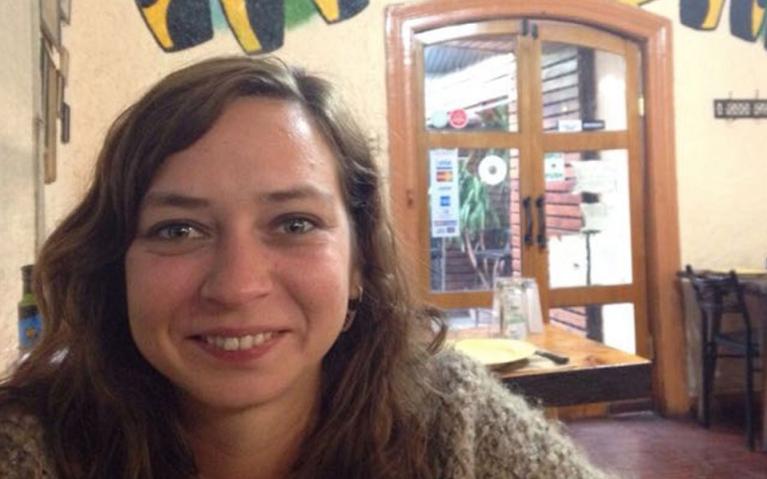
Lara Aysal
Doctor of Philosophy in Interdisciplinary Studies (PhD)
Research Topic
Bringing together Western and Indigenous ways of knowing through theatre for co-creation of knowledge on climate change adaptation strategies.
Dissertations completed in 2010 or later are listed below. Please note that there is a 6-12 month delay to add the latest dissertations.
This study identifies and describes facets of poetic inquiry (Prendergast, 2009), a research method/methodology that creates or uses poetry in the research process (data gathering, analysis or dissemination). Specifically, there is attention paid to how and why it is in use, revelations around its unparalleled function(s) in research, and an exemplification of a close reading approach, trialed in this study, that can draw further knowledge from the products of poetic inquiry studies. Poetic inquiry studies are somewhat established, and their findings are being published in academic journals and books (James, 2017; Vincent, 2018), however, poetic inquiry is currently undertheorized and noticeably missing from notable research methods textbooks (e.g., Creswell, 2013) and publications that discuss the merits of arts-based research (e.g., Slattery, 2003). This may have the negative result of knowledge being lost or overlooked that could hold answers to previously unanswered questions that exist across the disciplines. In response to this problem, this study explores poetic inquiry’s theoretical underpinnings and pragmatic uses in research and scholarship. This is done by way of an in-depth literature review and interviews with four notable poetic inquiry scholars in education in Canada. Detailed profiles for each participant have been created to analyze and emphasize their distinctive poetics and approaches to scholarship. Lastly, this study considers ways that poetic inquiry can inform teaching practices, as poetry is seen to permeate the participants’ lives and influence their approaches to teaching at the post-secondary level.
View record
The full abstract for this thesis is available in the body of the thesis, and will be available when the embargo expires.
View record
Theses completed in 2010 or later are listed below. Please note that there is a 6-12 month delay to add the latest theses.
This action research study was conducted to examine the ways that speculative fiction texts, fantasy literature in particular, can establish and expand students’ critical literacy skills, and to argue that fantasy has a place in the classroom. The study focused on students’ connections between fantasy texts and the contemporary world and their ability to identify and critique the role that power plays in a fantasy novel. English Studies 12 students in a high school in British Columbia, Canada, chose a fantasy novel and then read, discussed, and responded to their chosen book in literature circles. The students applied critical literary theories to their texts as a tool for critical literacy as they engaged with and analyzed the power structures and relations within their texts. This study contends that fantasy literature is a ideal vehicle for teaching and practicing critical literacy—the act and art of reading the world (Freire, 1987). Fantasy and critical literacy make an excellent pair because each requires and values a multiplicity of perspectives and truths. By its very nature, fantasy provides a portal to different worlds and perspectives that, when approached critically, provides students with points of commonality between the fantastic world and their own. Fantasy’s liminality can support students’ own abilities to break down borders between themselves and the world. Indeed, by applying the combined tools of critical literary theory and critical literacy to fantasy literature, students were able to demonstrate more complex readings of their texts than they had been able to before.
View record
If this is your researcher profile you can log in to the Faculty & Staff portal to update your details and provide recruitment preferences.